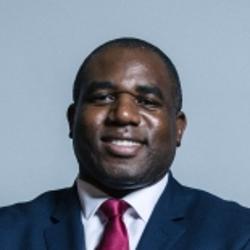English Baccalaureate: Disadvantaged
(asked on 5th September 2017) - View SourceQuestion to the Department for Education:
To ask the Secretary of State for Education, what assessment she has made of the effect of the E-Bacc on (a) pupils from disadvantaged backgrounds studying the arts and creative subjects and (b) access to careers in the arts and creative industries for people from disadvantaged backgrounds.
In 2016, on average, pupils in state funded schools entered nine GCSEs and equivalent qualifications, rising to ten for some pupils. As the English Baccalaureate (EBacc) covers up to eight GCSEs, this leaves room for other choices including creative and artistic subjects. There has been no evidence that mainstream schools that increased EBacc entry results also decreased their arts entries. The 297 schools that increased their EBacc entry rates by 40 percentage points or more between 2011 and 2016, on average entered 48.6% of their pupils for at least one arts subject. This was almost the same proportion as other state funded schools (48.9%).
There is a small positive correlation (0.12) between schools’ EBacc entries and arts entries, suggesting that schools where EBacc entry has increased tend to have also seen an increase in their arts uptake[1].
It is too early to assess the effect of these changes on employment in the creative industries because pupils who have been taught since the introduction of the EBacc and who may have gone on to higher education will still be undergraduates. The Government is committed to ensuring that talented students have access to the support they need to help them succeed in careers in the arts and creative industries. Our Music and Dance Scheme and Dance and Drama Awards provide income-assessed support to ensure that the most talented children and young people from all backgrounds are able to receive the high quality training they need to succeed in careers in acting, music and dance.
In the Culture White Paper published in March 2016, the Government committed to working with Arts Council England to understand the barriers that prevent people from lower income households and under-represented groups from pursuing a career in the arts. An external report commissioned by the Government looking at the barriers facing disadvantaged people in pursuing a career in the performing arts will be published later this year.
[1] Department for Education, 2017, Trends in arts subjects in schools with increased EBacc entry, https://www.gov.uk/government/publications/trends-in-arts-subjects-in-schools-with-increased-ebacc-entry.

